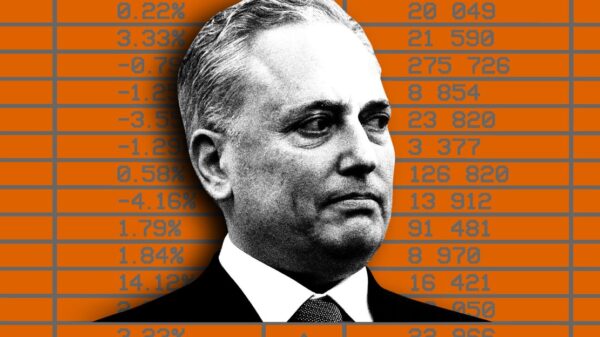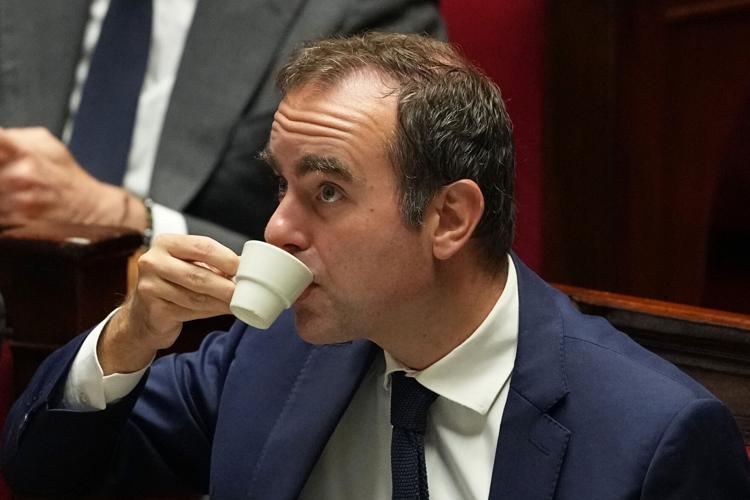French Prime Minister Sébastien Lecornu successfully navigated two critical votes of no-confidence in the National Assembly on March 15, 2024. These votes, which could have toppled his newly formed government and intensified political instability in France, ultimately failed to secure the necessary support from lawmakers.
The National Assembly, which comprises 577 seats, first considered a motion from the hard-left France Unbowed party. This motion fell short by 18 votes, receiving only 271 votes in favor, while a majority of 289 votes was needed for it to pass. A subsequent motion introduced by Marine Le Pen and the far-right National Rally garnered just 144 votes, also lacking majority support.
Lecornu’s survival in these votes allows him to focus on the challenging task of passing the 2026 budget for France, which is the second-largest economy in the European Union. This budget must be approved by the National Assembly, known for its deep divisions and contentious political climate.
The outcome of the no-confidence votes alleviates immediate pressure on President Emmanuel Macron, who had indicated that he might consider dissolving the National Assembly and calling for snap elections if Lecornu had been ousted. Such a move could have further complicated an already fragile political landscape.
To secure the necessary votes, Lecornu proposed suspending a highly contentious reform that would gradually increase the retirement age from 62 to 64, a key policy of Macron’s second term. This proposal helped persuade lawmakers from the opposition Socialist Party to refrain from supporting the no-confidence motions, with only seven Socialists breaking ranks to vote against Lecornu. The conservative Republicans, comprising 50 lawmakers, also largely withheld support for the no-confidence motions, with just one member voting for Lecornu’s removal.
Despite this temporary reprieve, Lecornu’s position remains precarious. The potential for future no-confidence votes looms large, especially if negotiations over the budget do not satisfy the demands of either the Socialists or the Republicans. Lecornu has committed to not employing a special constitutional power that would allow him to push the budget through Parliament without the typical legislative process—a strategy previously used to impose the pension reform against considerable public backlash.
As France grapples with a rising state deficit and public dissatisfaction over economic policies, building consensus in Parliament for necessary tax increases and spending cuts will be a formidable challenge. The stakes are high, with the future of both Lecornu’s government and France’s economic stability hanging in the balance.








































































